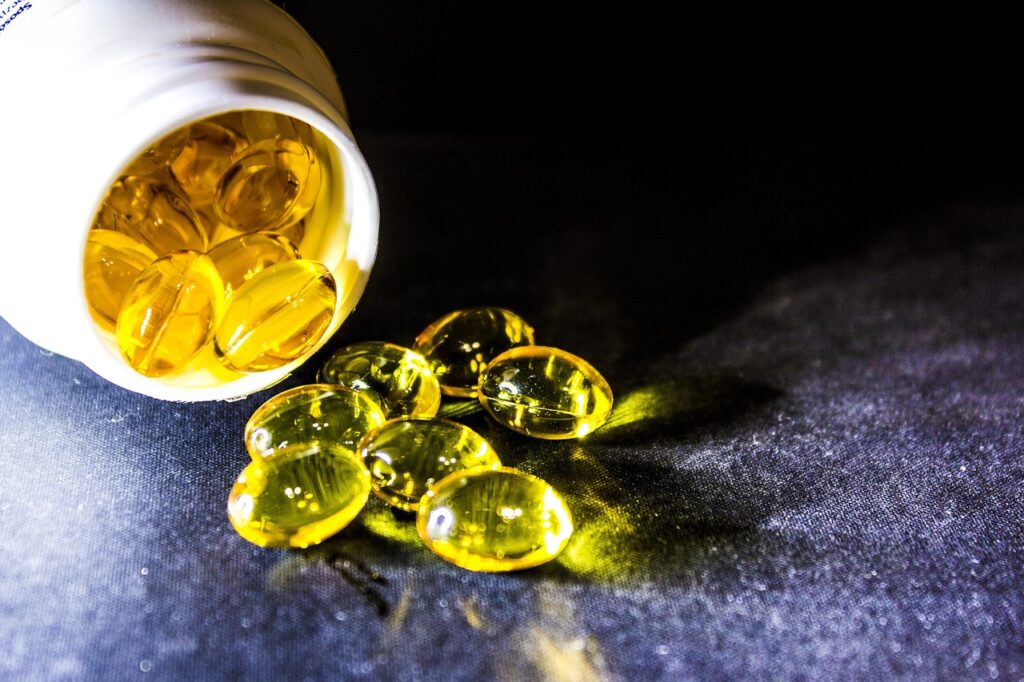Fat burners are among the most popular dietary supplements in the fitness and weight loss industry, often marketed as quick solutions to shedding unwanted pounds. But do they truly live up to their claims, or are these supplements simply overhyped? Let’s take a closer look at the scientific evidence to uncover the truth.
What Are Fat Burners?
Fat burners are dietary supplements that typically include ingredients claimed to enhance fat loss through various mechanisms, including increased metabolism, reduced appetite, and improved fat oxidation. Common ingredients include:
- Caffeine: Promotes thermogenesis (heat production), increasing calorie burn.
- Green Tea Extract: Contains catechins (especially EGCG), which may boost metabolism and fat oxidation.
- Yohimbine: Believed to mobilize fat stores and increase energy expenditure.
- L-carnitine: Claimed to enhance the transportation of fatty acids into cells for energy.
- Capsaicin: Found in chili peppers; purportedly boosts metabolism and curbs appetite.
What the Research Says
Scientific studies have explored the efficacy of fat burner ingredients, often yielding mixed results:
Caffeine and Green Tea Extract
Research shows caffeine moderately increases metabolic rate and fat oxidation. A meta-analysis by Hursel et al. (2011) revealed caffeine boosts energy expenditure and fat oxidation in the short term. Similarly, green tea extract, particularly its EGCG component, has demonstrated modest improvements in weight loss and fat oxidation (Hursel et al., 2009).
Yohimbine
A study by Ostojic (2006) found yohimbine supplementation significantly increased weight loss compared to a placebo group. However, results are inconsistent, and side effects can limit its practical use.
L-Carnitine
While theoretically promising, evidence supporting L-carnitine for significant fat loss is limited. A systematic review by Pooyandjoo et al. (2016) suggested minimal effects on body weight and fat mass reduction.
Capsaicin
Capsaicin has shown potential to slightly elevate metabolism and reduce appetite, according to a systematic review by Whiting et al. (2012). However, the magnitude of these effects is modest at best.
Common Misconceptions and Myths
One major misconception is that fat burners can rapidly “melt” fat or eliminate the need for dietary discipline. The reality is that fat loss fundamentally relies on energy balance—consuming fewer calories than expended through daily activities and exercise. Supplements alone cannot override poor dietary choices or inactivity.
Risks and Side Effects
Despite their potential benefits, fat burners also come with documented side effects:
- Caffeine: May cause insomnia, anxiety, jitteriness, increased heart rate, and elevated blood pressure.
- Yohimbine: Associated with anxiety, hypertension, rapid heart rate, and gastrointestinal discomfort.
- Green Tea Extract (high doses): Linked to liver toxicity in rare cases.
- Capsaicin: Can cause digestive discomfort or irritation in sensitive individuals.
It is crucial to understand that “more is not better,” as high doses increase the likelihood of adverse effects without significantly enhancing benefits.
Practical Recommendations
Fat burners might benefit specific individuals under particular circumstances—primarily those already following a disciplined diet, training regularly, and maintaining good sleep habits. Even then, expectations must be realistic:
- Supplements may modestly boost metabolism or slightly reduce appetite.
- They can provide a psychological edge by increasing energy levels, making it easier to maintain physical activity.
- Users should not expect drastic results without foundational lifestyle adjustments.
Conclusion
Fat burners, backed by current research, may offer minor assistance in a comprehensive fat loss strategy. However, they are neither miracle products nor substitutes for a calorie-controlled diet, regular exercise, and adequate sleep. Given their relatively minimal benefits and associated costs, fat loss supplements are likely not worth the money they cost. Approached realistically and responsibly, they could modestly enhance your fat loss journey.
References:
- Hursel, R., Viechtbauer, W., & Westerterp-Plantenga, M. S. (2009). The effects of green tea on weight loss and weight maintenance: a meta-analysis. International Journal of Obesity, 33(9), 956-961.
- Hursel, R., Viechtbauer, W., & Westerterp-Plantenga, M. S. (2011). The effects of catechin rich teas and caffeine on energy expenditure and fat oxidation: a meta-analysis. Obesity Reviews, 12(7), e573-e581.
- Ostojic, S. M. (2006). Yohimbine: the effects on body composition and exercise performance in soccer players. Research in Sports Medicine, 14(4), 289-299.
- Pooyandjoo, M., Nouhi, M., Shab-Bidar, S., Djafarian, K., & Olyaeemanesh, A. (2016). The effect of (L-) carnitine on weight loss in adults: A systematic review and meta-analysis of randomized controlled trials. Obesity Reviews, 17(10), 970-976.
- Whiting, S., Derbyshire, E., & Tiwari, B. K. (2012). Capsaicinoids and capsinoids: A potential role for weight management? A systematic review of the evidence. Appetite, 59(2), 341-348.


